From Tail Position to Love Bite: Deciphering Your Cat’s Over-the-Top Affection
Ever wonder Why your cat suddenly walks over to you, purring, rubbing its head against you, or giving you a “love bite”? These are significant acts of trust and love.” Cats are the ultimate loners, but it doesn’t mean they don’t bond with their humans in different ways. Knowing these behaviors will help strengthen your bond with your cat.
Cats express their love through actions and body language, some of which may seem a little mysterious at first. A slow blink — called a “cat kiss” — indicates trust and relaxation. Similarly, head-butting or rubbing against you is marking you with their scent — its a sign of ownership as well as a sign of deep comfort. And even kneading with paws — a feline behavior that originates in kittenhood — is a sign of contentment and security.
A study shows that animals such as cats often use vocalizations like purring to express joy or to ask for comfort. And what’s amazing, is purring at certain tones is actually relaxing to the human (and the cat)! But beyond this, a few other behaviors — such as when a cat brings a toy to its owner — emulate its hunting instincts, but they also involve affection and the desire to share their “success.”
Building your relationship with your pet is much better by paying attention to the ways in which they love you and returning the favor. Cats are independent creatures by nature, but the fact that some will make an effort to show affection speaks to their capacity for genuine trust — a lesson for all of us, that trust is the soil from which all successful cat-human relationships grow.
Why Do Cats Love Bite?
“Love bites” are an uncommon form of displaying love for cats. These tiny bites tend to be more particularly playful than aggressive. This can leave pet parents scratching their heads. They may put some love bites on you while you’re petting or during snuggle time. That’s their way of saying — I trust you enough to walk around.
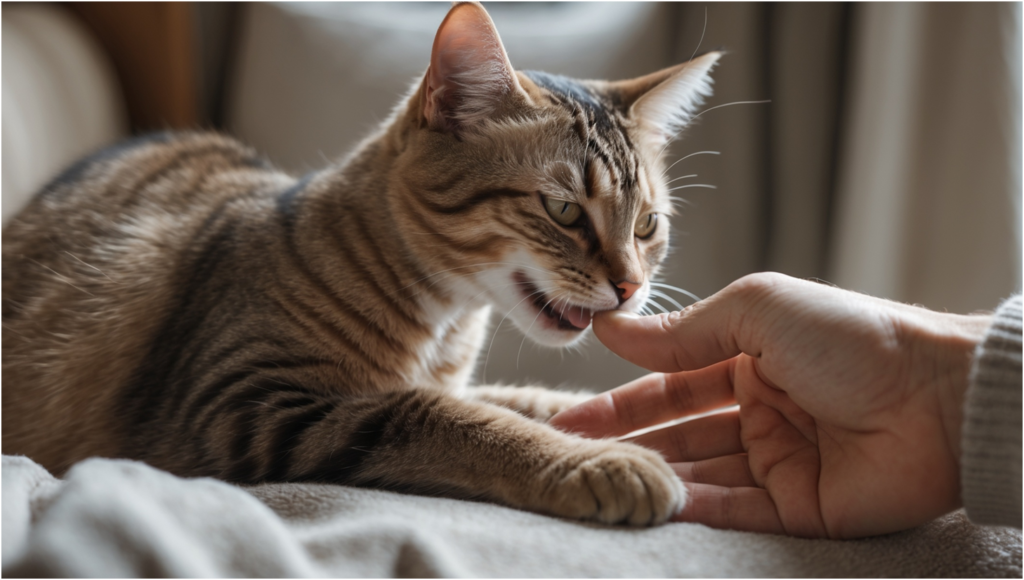
A cat gently biting its owner’s finger in a playful and affectionate manner, showcasing the cat’s love and bonding behavior.
Cat Mood: Importance of the Tail Position
So your cat’s tail may say a lot about what it is feeling. An elevated tail represents joy and confidence. When the tail is dropped low it means fear or submission. When your cat approaches you with tail raised in air, it means your cat is greeting you. This position indicates that your kitty is in good mood and feels safe around you.
Purring: Sound of contentment
Additionally, purring is one of those sounds that we have mostly learned to associate with cats being content. If they are purring while curled beside you, it means that they are happy and that they feel at ease. However, you gotta remember that cats don’t only purr when they are feeling stressed or painful, they can also purr when they want to sooth themselves.
Sweet Affectionate Manners
Head Butting: A Sign of Cat’s Affection
Every time your cat rubs its head against you, it is consciously marking you with her scent. It is a sign of love and trust. In cat world, this bunting behavior is clear indication that cat perceive you one of them. Bumping is a friendly action often accompanied by purring or other loving gestures.
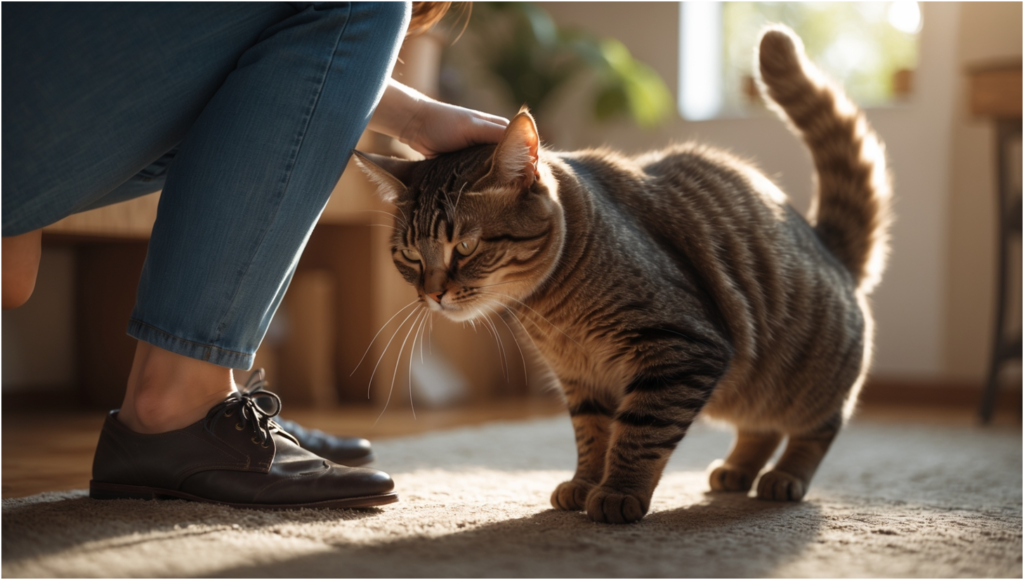
A cat enjoying a gentle head rub from its owner, symbolizing a moment of affection and bonding between the two.
Kneading
Kneading is one of the signs that cats love you.During kneading your kitty may paw on a soft surface like your thighs or a blanket the same way it kneads dough. Kittenhood explains that they do knead as their mother was nursing them at the time. They are ways to demonstrate comfort and consolation with which your pet shows that it feels safe next to you.
Narrow Eyes: A Relaxed Kitty
This interaction, where cats blink with half-shut eyes at humans, can normally be classified as a ‘feline kiss’. Cat slow blinking towards people is a sign of trust and relaxation. If your cat’s staring straight into your eye, and then slow blinks at you, do the same! It strengthens the bond between you and your pet by making of it an intimate connection between you and your pet.
Why Your Kitty Rub Against You?
It’s perfectly normal for your cat to rub its body against your legs as the way of leaving a mark on you with their smell. This behaviour is known as scent-marking, it helps release pheromones and also gives your cat a greater sense of security in its environment. The fact your cat rubs against you means that you are part of her territory and she feels comfortable around you.
Toys: A Playful Gift
If your cat brings you her favorite toy consider yourself very lucky! When a cat presents a toy in front of her human, she isn’t simply giving you a thing — she’s bringing you into her play world. Consider it your pet’s way of saying, “Hey, let’s play together!”
When they offer you their hunts, they’re showing off their hunting power and considering you a partner in this adventure of life. Sharing toys is a sign of love, companionship, and trust to your cat. So next time your feline friend brings over a toy to drop at your feet, cherish the gesture — it’s their unique way of telling you you’re loved and appreciated.
Separation Anxiety in Cats: Things you should know
Not all cats who are showing signs of separation anxiety are necessarily being very loving. If your domestic cat is too clingy or starts destroying objects in your absence, it may be a sign of stress and anxiety. In such circumstances it is better to turn to a veterinarian who will soothe your cat in better way.
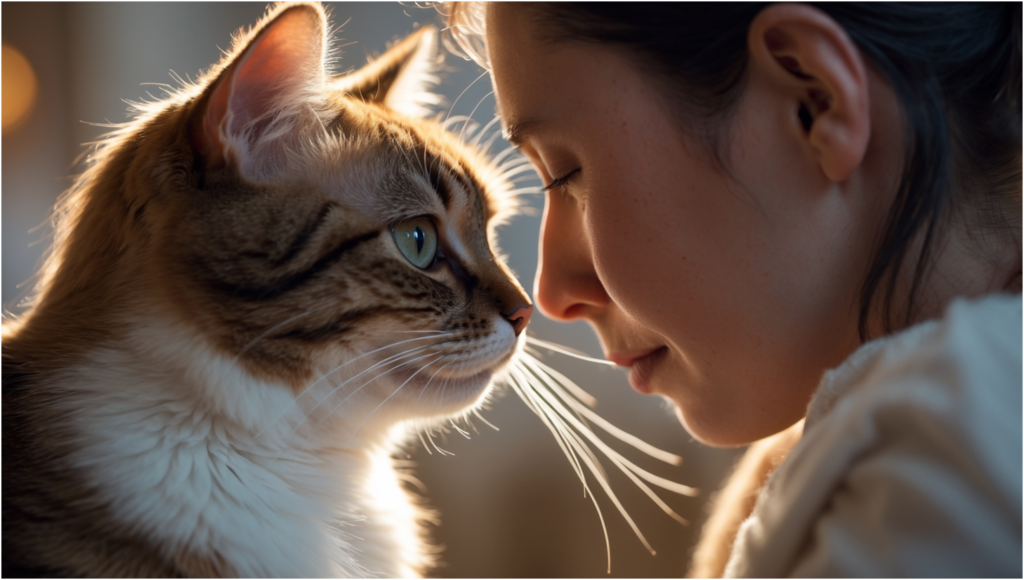
A heartwarming close-up of a cat and its owner sharing a moment of affection, with the cat gazing lovingly at the owner’s face.
Conclusion Understanding the Affectionate Behaviors of Cats
Your kitty’s loving actions are complex and multifaceted. Love bites, the purr, head bumps and slow blinking are all ways your pet communicates. Knowing the signs of affection between you and your kitty not only deepens your bond, but also offers valuable insight into her emotional world. It’s simply realizing that your kitty has a way to express love that makes bond more stronger. So enjoy every cuddle, every game and every quiet moment spent together because they create this wonderful bond with your cat!
1. Why does my cat give me a “love bite”?
A “love bite” is often a playful behavior rather than an aggressive one. Cats use this behavior to express affection and trust. It is common during petting or cuddle sessions. Dr. Mikel Delgado, a certified applied animal behaviorist, explains that cats may bite gently as part of their play, mimicking kitten behavior or seeking interaction.
2. Why does my cat rub against me with its head?
Cats rub against their owners to mark them with their scent, indicating affection and trust. This behavior is called “bunting,” and it’s a form of social bonding. Dr. Lauren Finka, a researcher at the University of Lincoln, explains that this behavior signals a cat considers you part of its social group.
3. How can I tell if my cat trusts me?
A cat shows trust in several ways, including slow blinking (also known as “cat kisses”), purring, and kneading. Dr. John Bradshaw, a feline behavior expert, emphasizes that these behaviors demonstrate a cat’s comfort and security around its human.
4. What does it mean when my cat kneads on me?
Kneading is a behavior that originates in kittenhood when cats knead their mother’s belly to stimulate milk flow. Dr. Karen Becker, a veterinarian, explains that adult cats continue this behavior as a sign of comfort and affection, particularly when they feel safe and relaxed.
5. Why does my cat show me its favorite toy?
When a cat brings you its favorite toy, it is not just playing; it’s sharing a part of its world with you. Dr. Helen Zulch, a veterinary behaviorist, notes that this behavior reflects trust and a desire to engage with you in a social and playful manner.
6. Why does my cat sleep on me?
Cats sleep on their owners as a sign of affection, seeking warmth, comfort, and security. This behavior also reinforces their bond with you. Cats have scent glands on their heads, and by rubbing against you, they are marking you as part of their social group.
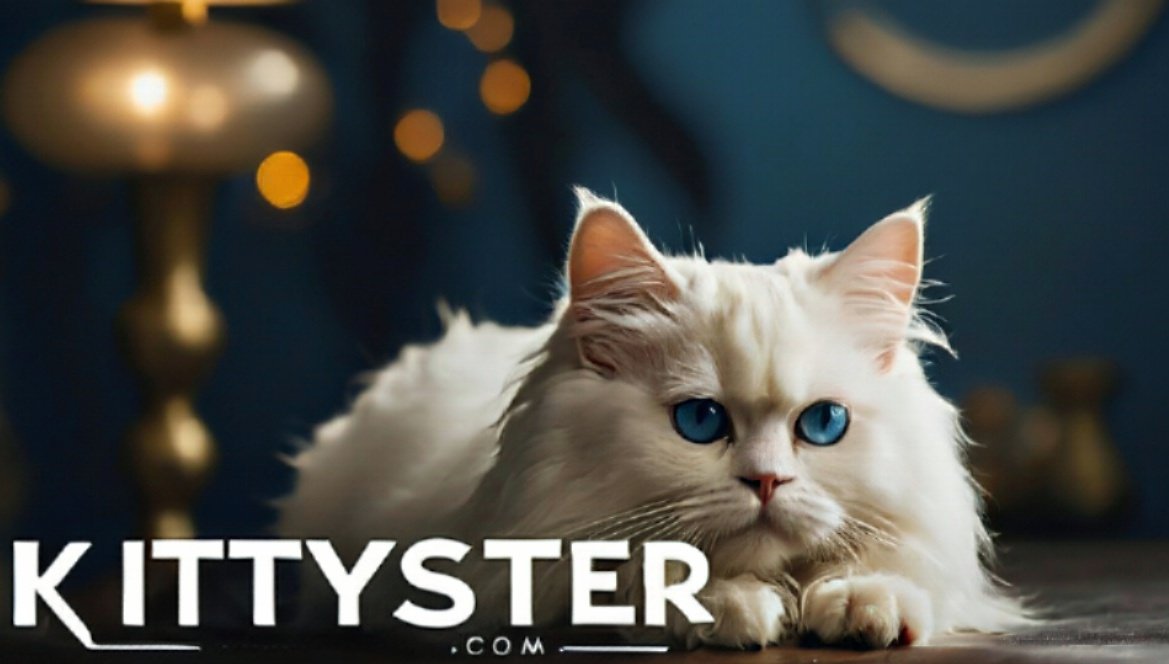
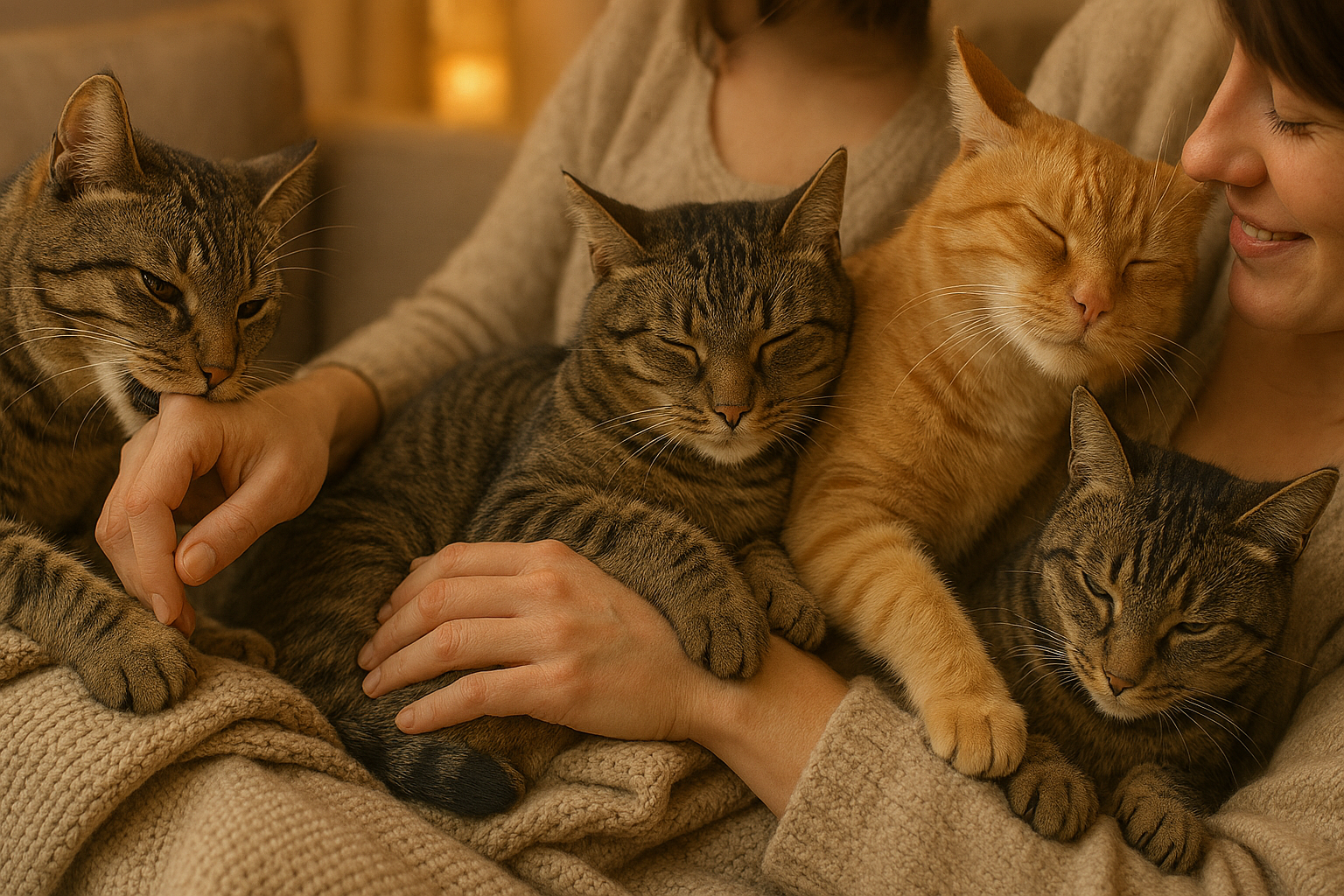
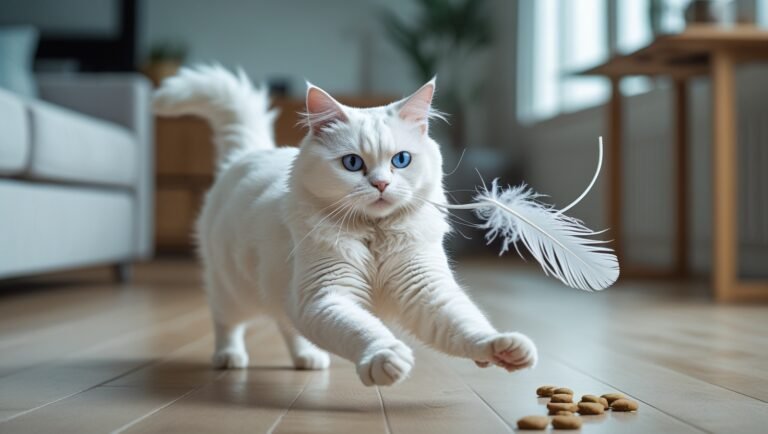
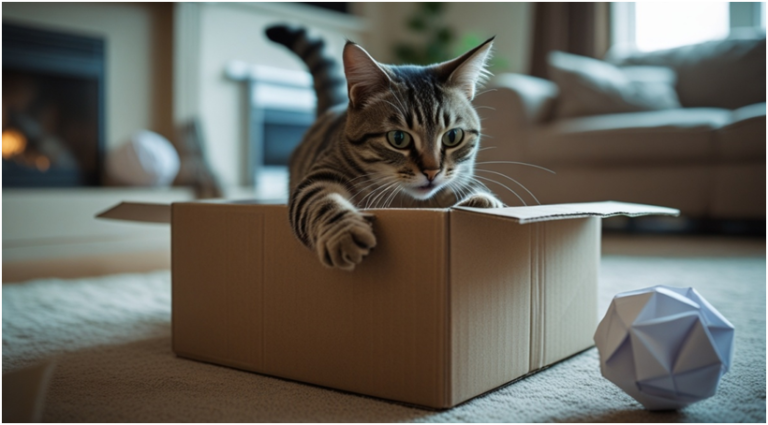
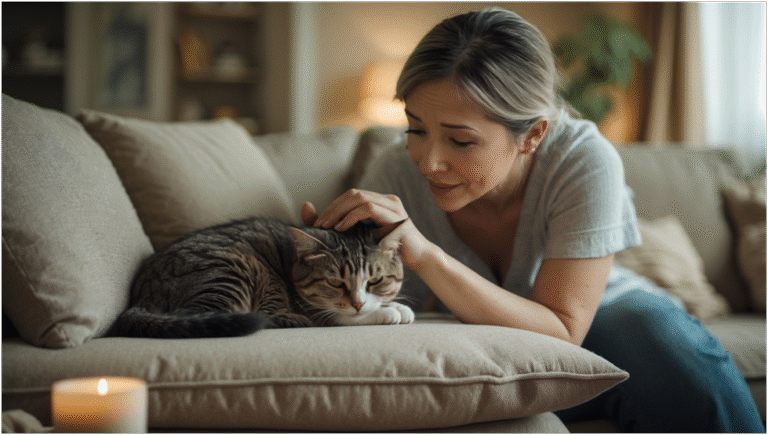
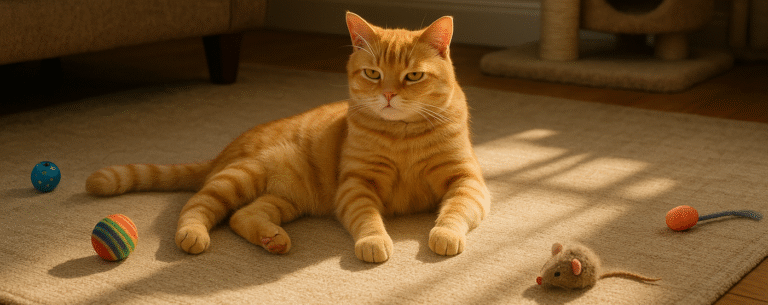
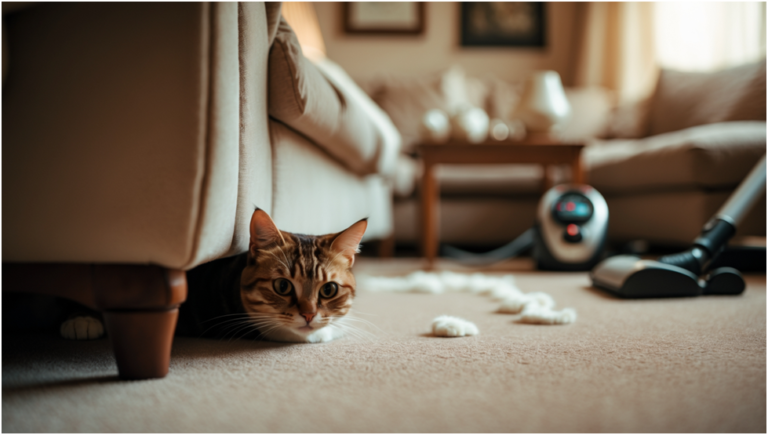
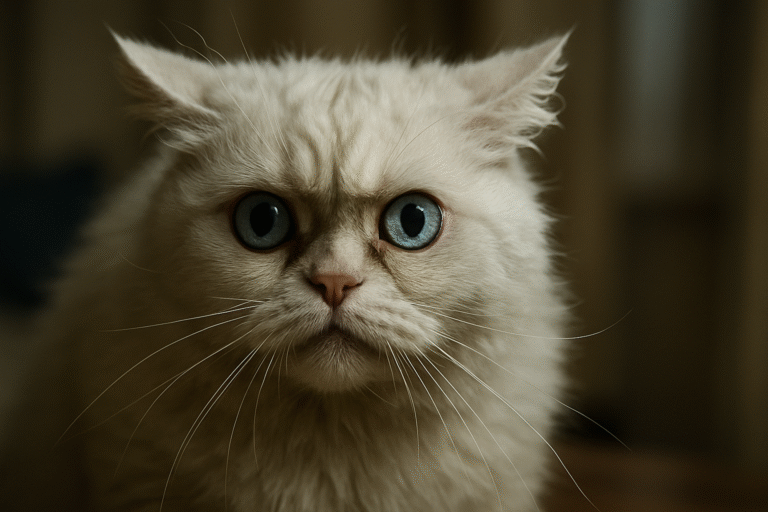
Well explained Articles and Videos.Please write on Curious Cat enrichment